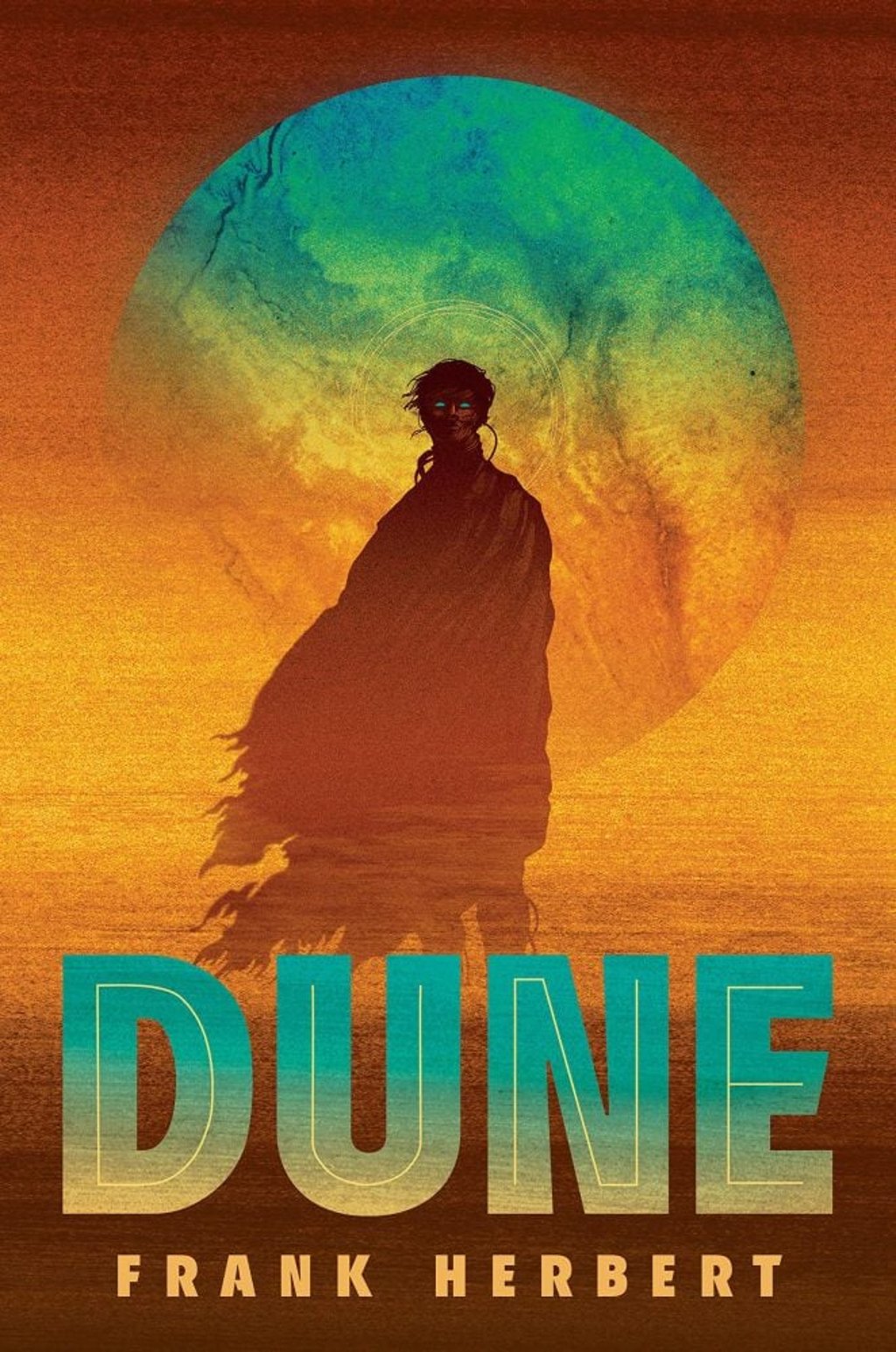How Dune changed a climate-change pioneer’s life: ‘It was a very powerful realisation’
- Founder and CEO of a carbon-offsetting firm Max Song read Frank Herbert’s epic 1965 science-fiction novel when he was in his late teens
- The scale of the book gave him a long-term perspective on planetary ecology, climate change, entrepreneurship and taking on ambitious projects

Telling the story of young nobleman Paul Atreides’ rise to quasi-religious leadership of desolate but strategically valuable planet Arrakis, Frank Herbert’s epic science-fiction novel Dune (1965) is famed for its complex world building, depicting in detail the intricate interplay between humanity, technology and the environment.
Max Song, founder and CEO of Carbonbase, which offers a global network of carbon-offsetting opportunities using blockchain to ensure transparency, tells Richard Lord how it changed his life.
I read it at the end of high school or the beginning of college. I was thinking a lot about things I could dedicate my life to – that would be worth it. At that age you’re looking for purpose.

I was an avid science-fiction fan. There was an incentive scheme that my primary school built, where if you read enough you got free pizza. I read 100 books in first grade and 200 in second grade. By fourth or fifth grade, I started getting into sci-fi. My dad’s a biologist, and a lot of my role models growing up were scientists.